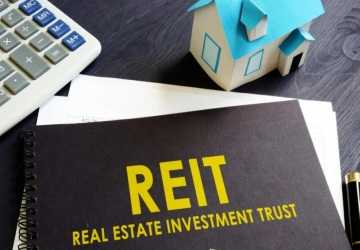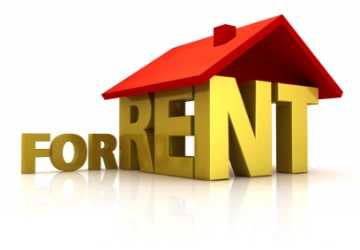Real estate
Renting out your property is great if you don't want to put it on the market. Most homeowners venture into real estate by renting out their home. It's a great way to see how the industry works and a great way to build wealth.
Consider a mortgage
If you plan to move out of your home and rent it out, see if your lender can provide you with a mortgage. Your rental income should cover you
your mortgage.
If you have a mortgage, you must live on the property for at least 12 months before you can convert the property to rental. Check with your lender about loan waiting conditions.
If you promised to live in the property but later decided to rent it out, you could be charged with mortgage fraud, which could lead to foreclosure. You must live in your home for the stipulated time and be allowed to rent it out.

Visit the Homeowners Association.
Some areas governed by homeowners associations may have strict rules on the number of homes that are allowed to be rented out. Others limit rents entirely. For example, if only five rental spaces are fully occupied, you will have to wait until one is available. If you agree to work with a homeowners association, you must abide by their terms and conditions, including fees.
Change property insurance
Homeowners insurance policies are different from rental apartments. Check with your insurance company beforehand if you want to change your house to rent, otherwise they will take care of your property as a parent. Insurance coverage for such properties covers any legal fees, medical expenses or damage caused by the tenant.
Get ready to file your taxes
Rental income is taxable, and once you convert your home to rent, you can deduct it. However, with the help of your municipality, the family tax can be waived.

Make your property marketable.
Attract your dream tenant by setting competitive prices. Improve the condition of your home through repairs and design. Investing in a survey is a good idea if you live in a warm area.
License
If you have a rental property, a permit is required for security reasons. Local authorities must inspect your property for potential safety and danger. He then gives the landlord a report detailing any necessary changes and adjustments that may be required.
Bottom line
You now own a rental property and need to learn how to become a landlord - basic research on how to handle tasks like tenant verification, spending planning or rent collection. If you don't have time to manage your property, you can hire a professional property manager.
You may also consider hiring an accountant to handle rent deposits and a lawyer to help you understand certain fair housing laws and regulations so you are not violating the rights and laws of the state. Owning a rental property can help prepare you for future financial success.


